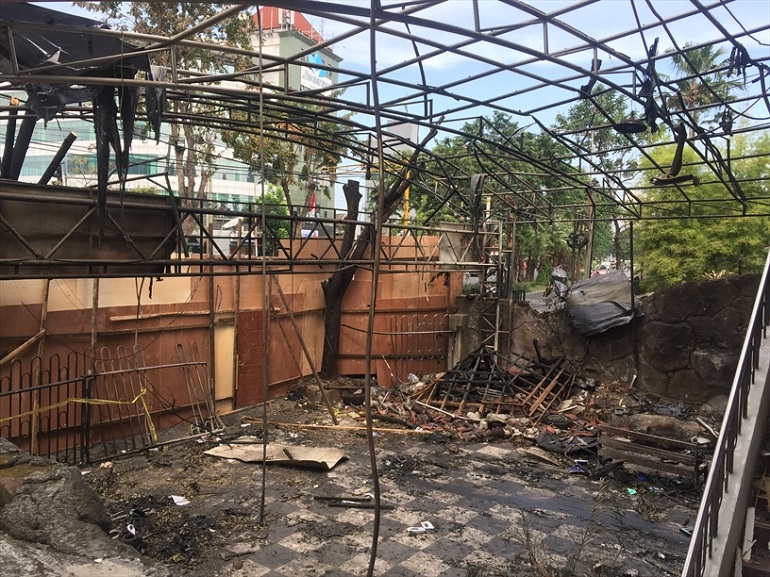
The appointment of one of the Muslim world’s “most incisive and outspoken reformers” to Indonesia’s Presidential Advisory Council signals a shift in how Indonesia is trying to combat extremism, according to religious freedom professor Paul Marshall.
In May Indonesia was rocked by a number of suicide bombings orchestrated by Jamaah Ansharut Daulah (JAD), an Indonesian militant group formed in 2015 and affiliated to Islamic State. The attacks on three churches and a police headquarters in Surabaya, the capital city of East Java province, killed 27 and injured more than 40 people.
In response the government approved a new anti-terrorism law that gives police more freedom to carry out preventative arrests and detain terrorist suspects for longer.
And Paul Marshall says the appointment of Yahya Cholil Staquf (known as Pak Yahya) “may signal broader changes in how Indonesia is approaching its effort to combat extremism”.
“Pak Yahya … is from one of Indonesia’s most distinguished Muslim families, is the Secretary-General of the Supreme Council of Nahdlatul Ulama (NU), the world’s largest Muslim organization, and is the head of Gerkan Pemuda Ansor (ANSOR), NU’s young-adult wing, which has some 5 million members,” explains Marshall, senior fellow at the Washington DC-based Religious Freedom Institute.
He describes how NU and its youth wing, ANSOR, in the ideological battle with Islamist extremism, have challenged Islam on its “obsolete tenets of classical Islamic law” that call for “perpetual conflict with those who do not embrace or submit to Islam”. Out of this came a ‘Declaration on Humanitarian Islam’ signed by a gathering of 300 international religious scholars in May 2017.
In July last year Pak Yahya told the Council of the European Union Terrorism Working Party: “Western politicians should stop pretending that extremism and terrorism have nothing to do with Islam. There is a clear relationship between fundamentalism, terrorism, and the basic assumptions of Islamic orthodoxy. So long as we lack consensus regarding this matter, we cannot gain victory over fundamentalist violence within Islam.”
The Surabaya attacks were executed by two families belonging to JAD. Zachary Abuza of the National War College in Washington DC called the use of children in the attacks “absolutely unprecedented” in the region, and said it showed the “ideological indoctrination” of the group, which has sought to expand globally since losing territory in the Middle East.
A survey conducted by the Indonesian government at state and private universities in 15 provinces in 2017 revealed that a growing number of students hold Islamist views. “The numbers … are worrying. The study shows that … 24% of college students and 23.3% of high-school students agree with the concept of violent Islamic jihad,” commented Thomas Muller, an analyst the World Watch Research unit of the charity Open Doors International.
JAD is led by Aman Abdurrahman, who was recently sentenced to death for spreading IS propaganda from behind bars and inciting attacks including the November 2016 bombing of a church playground that left one child dead.